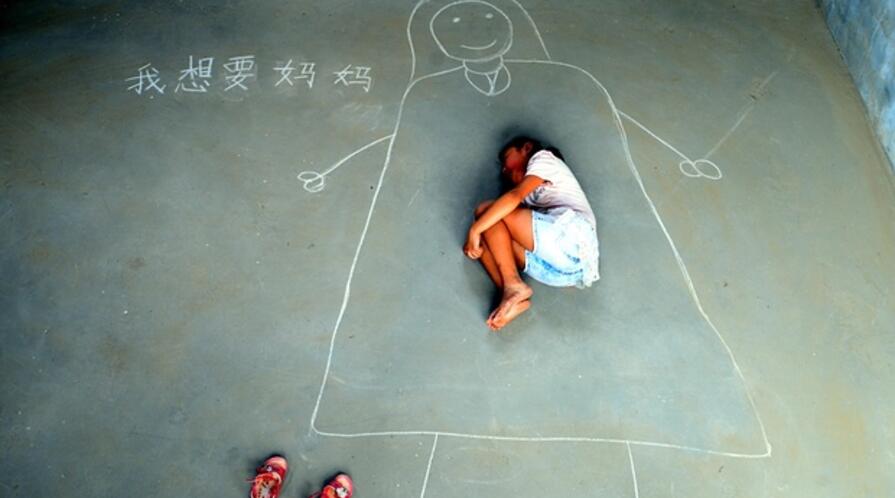The Guardian: Future perfect—investing in a child's wellbeing brings a big payoff

Sourovi De, an early child development specialist with the education team at Oxford Policy Management, reports on REAP's Perfecting Parenting project in the Guardian. She discusses how Perfecting Parenting fits within the global context of early child development (ECD) research, and how ECD is fundamental to achieving the fourth Sustainable Development Goal: ensuring inclusive, quality education for all and promoting lifelong learning. Read the original article here.
"It’s encouraging to see “access to quality early childhood development” as one of the SDG targets. Policymakers have recognised that investing in children’s development is a way of investing in future social and economic growth. It can also result in more immediate benefits, such as preparing children to get the most out of school. Despite this, ECD programmes still face a number of major barriers – both on the supply and demand side.
"Funding is a huge issue. Our research shows that in many developing countries, public spending on pre-primary education amounts to less than 0.1% of gross domestic product, leaving families to absorb the cost either through private providers or informally within households and the community. Even where government pilot programmes look promising, the cost of replicating them on a large scale might be prohibitive – it’s probably no coincidence that most cases of successfully scaled-up projects are in middle- or high-income countries.
"Overcoming these barriers often means tailoring programmes to specific contexts and drawing on existing resources. In China, officials previously responsible for enforcing the country’s one-child policy are being retrained as parenting educators as part of the Perfecting Parenting project run by the government’s national health and family planning commission and the rural education action programme.
"The trainers visit children and their families in rural pilot villages, helping them follow a specially designed curriculum, incorporating arts and crafts, games and singing. By making use of existing networks and skills, the pilot minimises costs and overcomes infrastructure constraints. But the trainers have struggled to earn the trust of parents who think of them only in their family planning role."
